

A: An anecdotal record is a type of observational documentation used in education, early childhood development, and research to capture significant moments or behaviors of an individual in a natural setting. It is a brief, narrative account that describes what was observed, without interpretation or analysis.
It's not necessary—or even always advisable—to celebrate every significant cultural event on the calendar each month. Instead, think of your seasonal or monthly celebrations as a curated tapestry, where each thread is carefully chosen for its relevance, impact, and ability to resonate with the children and their communities. The following article provides Key Considerations when selecting monthly celebrations, When Does It Become Tokenistic, Questions To Ask To Decide Which Significant Monthly Cultural Event To Celebrate and more.
A: Educators can write meaningful reflections in early childhood by thoughtfully analyzing their teaching practices, children's learning experiences, and room interactions. Here are some effective strategies:
Use a Structured Reflection Framework: Methods like the Gibbs Reflective Cycle or Schön’s Model help educators systematically analyze their experiences.
Focus on Child Development: Reflect on how activities support cognitive, emotional, and social growth.
Incorporate Observations: Document specific moments that highlight children's learning progress or challenges.
Ask Guiding Questions: Consider prompts like “What worked well today?” or “How can I improve this activity next time?”
Connect Theory to Practice: Link reflections to educational theories or best practices to enhance teaching strategies.
Maintain a Reflection Journal: Writing regularly helps track growth and identify patterns in teaching.
Seek Peer Feedback: Discussing reflections with colleagues can provide new perspectives and insights.
Gibbs Reflective Cycle is a structured framework for reflection that helps individuals analyze their experiences and improve their learning or practice. Developed by Graham Gibbs in 1988, it consists of six stages:
Description – What happened? (Detail the experience.)
Feelings – What were you thinking and feeling?
Evaluation – What was good and bad about the experience?
Analysis – What sense can you make of the situation?
Conclusion – What else could you have done?
Action Plan—If it happened again, what would you do differently?
Guided questions can help educators and young learners engage in meaningful reflection. Here are some examples tailored for early childhood:
Personal Experiences: What was your favorite part of today, and why?
Emotional Awareness: How did you feel when you tried something new?
Problem-Solving: What was something tricky you faced today, and how did you solve it?
Social Interactions: Who did you play with today, and what did you learn from them?
Learning Moments: What is one thing you discovered today that made you curious?
Future Thinking: What would you like to try again tomorrow, and how can you make it even better?
Reflection on a Learning Experience in Early Childhood Education
Today, I observed a group of preschoolers engaging in a sensory play activity with water and different textured objects. Initially, some children hesitated to touch the materials, while others eagerly explored. As the activity progressed, I noticed how peer interactions encouraged hesitant children to participate.
One child, who was initially reluctant, observed their peers and eventually dipped their hands into the water. This moment highlighted the importance of social learning and peer influence in early childhood development.
Upon reflection, I realized that providing a variety of sensory experiences helps children develop confidence and curiosity. Moving forward, I plan to introduce more open-ended sensory activities and observe how different children respond. Additionally, I will encourage peer collaboration to foster a supportive learning environment.
Educators Guide To Critical Reflections
A Guide To Writing A Daily Reflection
Critical Reflections In The Assessment and Rating Process
Reflection Vs Critical Reflection
Educational Leader Guide: How to Lead Reflective Practices in Your Team
A: Writing an observation for child learning development can feel tricky at first, but once you get the hang of it, it becomes much easier! The key is to focus on what you see and hear, rather than interpreting how the child might feel. Here are some steps to help you improve:
A: A jotting observation is a concise and informal way to document significant events, behaviors, or interactions. These observations are typically brief, focusing on specific moments rather than a sequence of events. They provide a snapshot of a child's interests, development, or skills and can be recorded in various formats, such as notebooks or post-it notes.
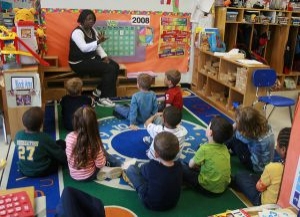 Working as a childcare professional can be a challenge especially when dealing with behavioural problems which may arise. The techniques we use when dealing with… Read More
Working as a childcare professional can be a challenge especially when dealing with behavioural problems which may arise. The techniques we use when dealing with… Read More
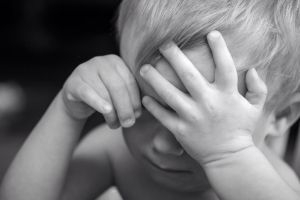 There are different types of behaviour that children can display and sometimes it can be hard to manage, especially if a child is having behavioural… Read More
There are different types of behaviour that children can display and sometimes it can be hard to manage, especially if a child is having behavioural… Read More
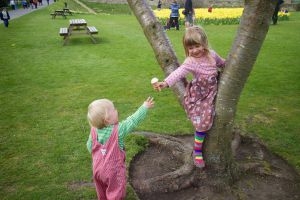 As a parent, your behavioural expectations of your child can be higher than what is actually developmentally appropriate for your child's age.
Read More
As a parent, your behavioural expectations of your child can be higher than what is actually developmentally appropriate for your child's age.
Read More
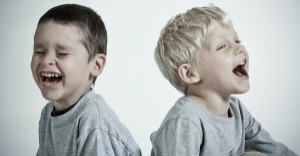 As Educators, there will be many instances where you will need to write about a child's behaviour. For a behaviour management plan, assessments, half-yearly or… Read More
As Educators, there will be many instances where you will need to write about a child's behaviour. For a behaviour management plan, assessments, half-yearly or… Read More
 As Educators when communicating with Parents (through verbal or non-verbal communication), there will be times where we need to discuss issues or concerns that may… Read More
As Educators when communicating with Parents (through verbal or non-verbal communication), there will be times where we need to discuss issues or concerns that may… Read More
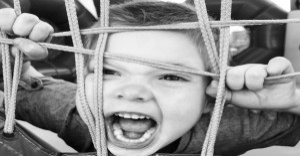 Challenging Behaviour is when a child does something that hurts themselves and/or other people.
Read More
Challenging Behaviour is when a child does something that hurts themselves and/or other people.
Read More
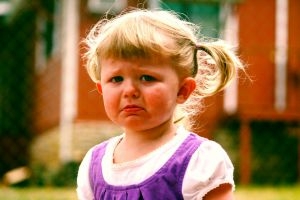 As part of your child's development it is normal for your child to have anxiety and fears. A baby commonly shows a fearful sign to… Read More
As part of your child's development it is normal for your child to have anxiety and fears. A baby commonly shows a fearful sign to… Read More
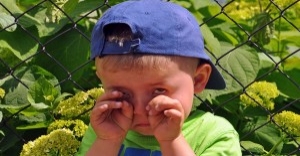 It's always difficult to bring up behavioural issues with parents, it can be nerve wrecking to tell a parent that their child misbehaves but that… Read More
It's always difficult to bring up behavioural issues with parents, it can be nerve wrecking to tell a parent that their child misbehaves but that… Read More
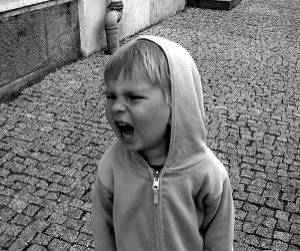 All children deal with anger on a daily basis. Thinking about it as a child, there is a lot to be angry about. Elder people… Read More
All children deal with anger on a daily basis. Thinking about it as a child, there is a lot to be angry about. Elder people… Read More
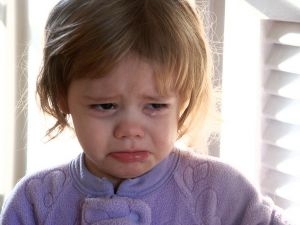 It is important to understand that your child behaviour problems could not just be from attention seeking. There are many factors to take into consideration… Read More
It is important to understand that your child behaviour problems could not just be from attention seeking. There are many factors to take into consideration… Read More
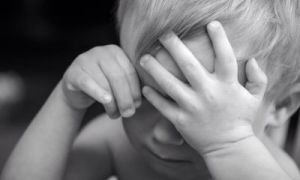
There are different types of behaviour that children can display and sometimes it can be...
See more...
The following article provides information on Current and Emerging Research on brain development in babies...
See more...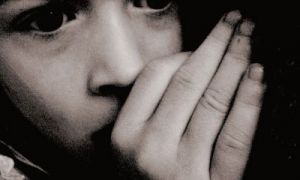
When you were little were you ever afraid of the dark? Or small creepy insects?...
See more...© 2009-2025 Aussie Childcare Network Pty Ltd. All Rights Reserved.
